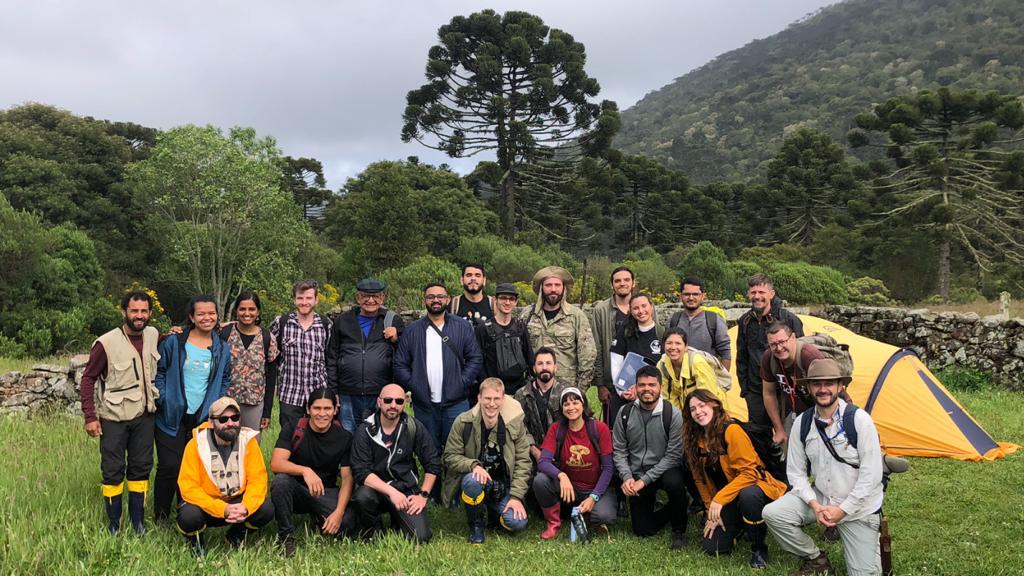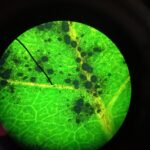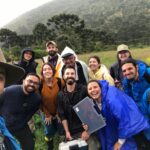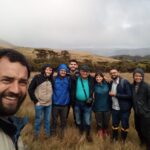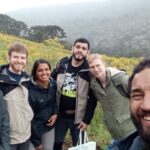Really a remarkable experience for my life!
I was invited to participate in the course: “Diversity of Ascomycota Macrofungi”, which took place in Urubici/SC, from 11/28 to 12/01, and on this trip I had the opportunity to deepen myself in a knowledge that perhaps I had never stopped to realize: the intrinsic difference between fungi, especially #ascomycetes. They have a behavior, a way of reproducing and manifesting themselves, very different from the #basidiomycetes, which I have always observed. They are fascinating!
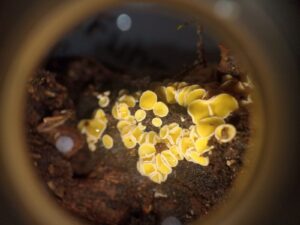
During these days, together with people of such professional knowledge, deep and loving in their way of passing, I had the opportunity to broaden my experiences and vision on this phylum, where I was able to meet incredible people like the researcher Dr. João Araújo (NYBG, USA), an expert in the field. Some representatives of this group have always awakened reflections and have, for many, a negative image for killing insects and mimicking animals in the middle of the forest, using them as an element of reproduction, but it is beautiful to observe how all this is part of life, part of transmutation , transforming, recycling, decomposing!
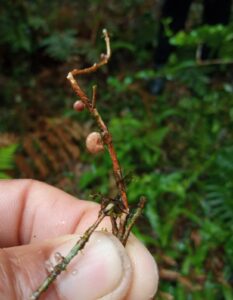
They were special days, too, for the possibility of understanding more about #lichens with the teacher Adriano Spielmann who, with so much affection, humility and simplicity, expressed and told deep stories about these beings. I was able to better understand this magical universe that I love so much, bringing poetry to this knowledge.
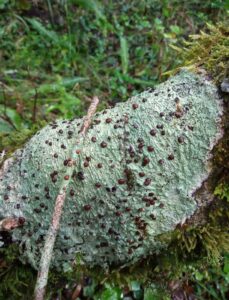
In addition, I was able to learn everything about what happens on top of the leaves and which fungi are involved in these processes, from Professor Dr. José Luiz Bezerra (UESC). A professional with a lot of history and a lifetime dedicated to Brazilian research and science, who shared this knowledge with us with so much magic and so much affection.
Another look that I was able to expand with the teacher Dr. Francisco Calaça (UEG) was for the decomposers found in feces. These take advantage of the waste and the animals themselves to move and be transported to an environment conducive to their reproduction.
I would like to give thanks for the invitation and congratulate the entire organization for this very special curatorship that presented such remarkable and serious content.
Research and cataloging of species are necessary and very important, and can be used, always with a view to conservation and preservation, for different purposes such as: tourism, observation, gastronomy, medicines, pigments, among others, generating income for countless families.
Photos: Jorge Ferreira

